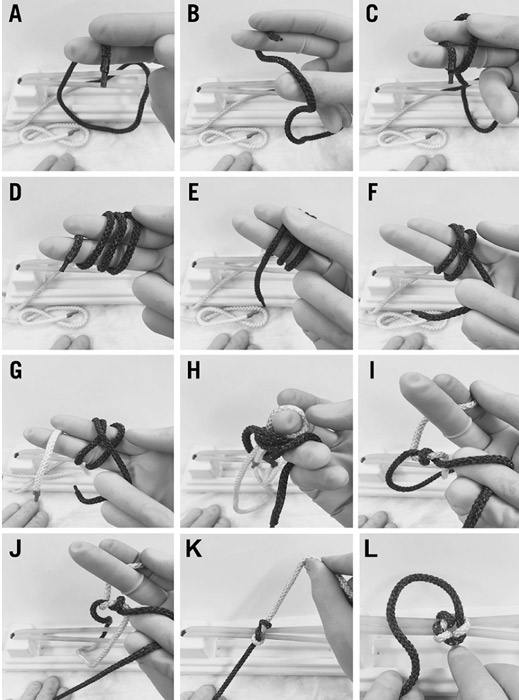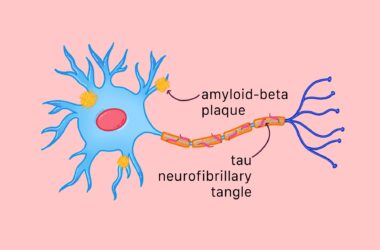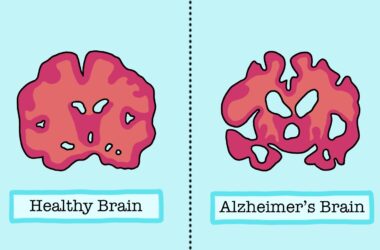McGill alumnus Farah Na’el Musharbash has created a new method to tie surgical knots that only requires the use of one hand, which can be greatly advantageous to a surgeon. After attending McGill University from 2012 to 2015, Musharbash began medical school at the Washington University School of Medicine in St. Louis. He worked closely with the Dean of Medical Education Dr. Michael Awad in developing this technique.
An article and a video of the new method was published online and in the medical journal, The Annals of the Royal College of Surgeons of England.
“It’s a new one-handed method for tying surgical knots, where one hand is completely free, except at the end to help tighten the throw,” Musharbash explained.
The majority of suture ties require the use of two hands, and one-handed surgical knots can offer a higher degree of flexibility for a surgeon. This technique allows the other hand to perform a task away from the surgical site, such as maintaining pressure on an organ, which is especially useful in situations when a surgeon may not have an assistant.
While there were one-handed knot variations that existed prior to Musharbash’s method, he found that in practice they actually required both hands. This prompted him to look closely into different knot tying techniques and it took a couple of months before his method was created and finalized.
Although the knot is actually quite straightforward, Musharbash believes that its simplicity is what makes it special and innovative.
“As students, sometimes we don’t have the resources for a big lab,” Musharbash said. “[But] you have these simple ideas, and [most] of them are not going to end up giving you anything, but if you follow through [on] enough of them, you’ll come up with one or two things that are new.”
As a physiology major at McGill, Musharbash was involved extensively in research. He worked in a biomedical engineering lab with Professor David Juncker and in mathematical research with Faculty Lecturer Sidney Trudeau.
“Getting involved in research gave me the right building blocks and way of thinking […] to succeed in med school,” Musharbash said.
While Musharbash believes that it was his research experience at McGill that helped adequately prepare him to face the challenges in medical school, taking leadership roles also helped him develop essential skills in communication, organizing, and turning his ideas into reality. Musharbash is a co-founder of the non-profit organization Heart4Heart at McGill, which aims to provide heart surgeries for children in developing countries.
“It’s not just about how well you do in the books, but rather, how well you communicate, how well you’re organized, and if you can make things happen,” Musharbash said.
As for advice for prospective medical students in undergraduate programs, Musharbash recommends having a realistic balance between academics and extracurriculars, as students often try to do everything at once.
“Never lose sight of your priorities,” Musharbash said. “[….] And the number one priority [should be] your studies. Have that taken care of before you delve into lots of other things.”









